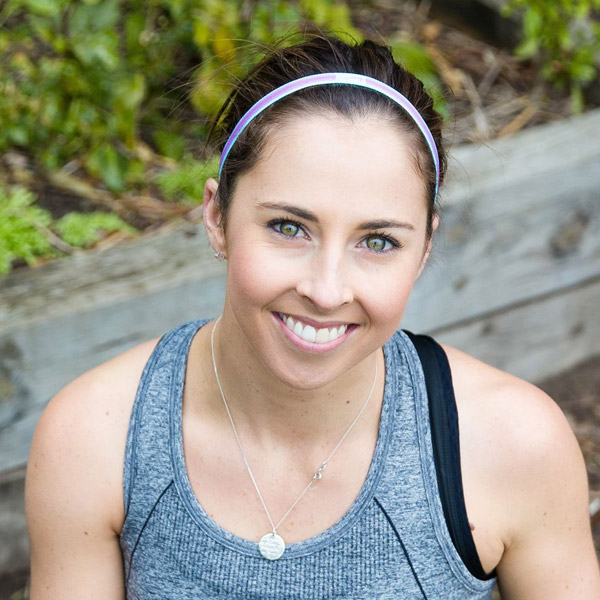Froome - Nutrition to Win Le Tour de France
After a brilliant Giro D’italia win this year, Chris Froome has become the third man in history to hold all three jerseys from major tours (Le Tour de France 2017 and La Vuelta a Espana 2017) at once. Let’s just say he is in good company – Merxx & Hinault!
So, as we head in to the 2018 Le Tour de France, what does it take to fuel another possible win? What does he do when away from the bike and the road??
Subject to massive media scrutiny when it comes to his diet, Froome has often been lauded as an unintentional ambassador for the low-carb / keto diet – a lifestyle choice that has been assumed to help him drop 10 kg in the period between 2007 and 2013.
A quick look at his social media pages highlights a selection of low-carb options.
Supporters of the low carb movement are quick to assume that Froome’s recent success is because of this lifestyle, often ignoring the fact this was only a rest day breakfast. Also, while the effectiveness of a low carb diet in controlling weight is clear, the science seems to say otherwise when it comes to performance in endurance events.
As mentioned in previous blog posts, the body will switch to primarily burning carbohydrate during endurance events, particularly when working at high intensities.
The ketogenic movement assumes that one can become fat adapted by consuming very little carbohydrate (less than 50-120g per day) for an extended period. A fat adapted athlete will tend towards burning more fat instead of carbohydrate – the same carb stores that are essential for explosive attacks and impressive sprint finishes. This carbohydrate sparing effect may result in the athlete being able to flick the switch to work at higher intensities when it counts and it also helps that our fat stores for endurance are very efficient.
While this concept is true in theory, it does not always translate to the road. Through extensive research conducted at the Australian Institute of Sport (AIS), it was identified that athletes who remain on a strict ketogenic regime may compromise training intensity, which then reduces their overall competitive ability. Additionally, when they decide to reintroduce carbohydrates, their bodies are less capable of processing it, leading to gut issues and inappropriate fueling in events.
It is because of these negatives that makes the periodisation of these lower carb periods essential. Through strategically restricting carbohydrates around specific sessions or periods of training, we can enhance fat utilisation and also improve adaptation to training.
So in this case, Chris is right: It’s not all about Carb Loading!
A better description of Froome’s diet would be the “strategic cycling (pun intended) of nutrients to meet his daily requirements”. A famous excerpt from his recent book makes this clearer.
“I try to limit myself to one bowl of porridge, and normally a two-egg omelette, with no hint of extras on the side. No second helpings, no picking, nothing. If there is a big stage ahead that day I’ll try a three-egg omelette, but warily, and I’ll mix a small amount of white rice into the porridge”
Here Chris makes mention of the discipline required in competition to avoid shifts in weight – something he has always struggled with. However, he shows a clear understanding that his nutrition must adapt to the requirements of the day.
We also know that carbohydrates are essential on tour, and team sky would not allow their best athletes to ride on empty. In fact, a look inside Team Sky’s diet on tour highlights a mix of high carbohydrate and low carbohydrate days – strategically formulated to push their team to the limit.
And what we love most is that Chris never fails to remind us that he’s human as well – be it with a box of macarons after the end of the tour.
…Or churros after his La Vuelta win in 2017…
Yes, this guy is COMMITTED (We are going to assume in all area of his training, cycling, recovery and nutrition). However, he also makes it clear that even this commitment is periodised within any off-season and there is as much of a balance as he can manage between key races.
So, as we get ready for Le Tour 2018, we will see a massive range in individual intakes of the athletes. However, one thing is for sure – you will be seeing a good dose of carbohydrates in many varieties both during racing and in recovery!
Oh, and bring on the lack of sleep and caffeine over-consumption!
#earnedit

ALICIA EDGE HEAD SPORTS DIETITIAN
Alicia is the head Advanced Sports Dietitian at Compeat Nutrition. She is also a mum and triathlete, so advice extends beyond the basics and is instead focused on providing effective and achievable nutrition for both training and racing.